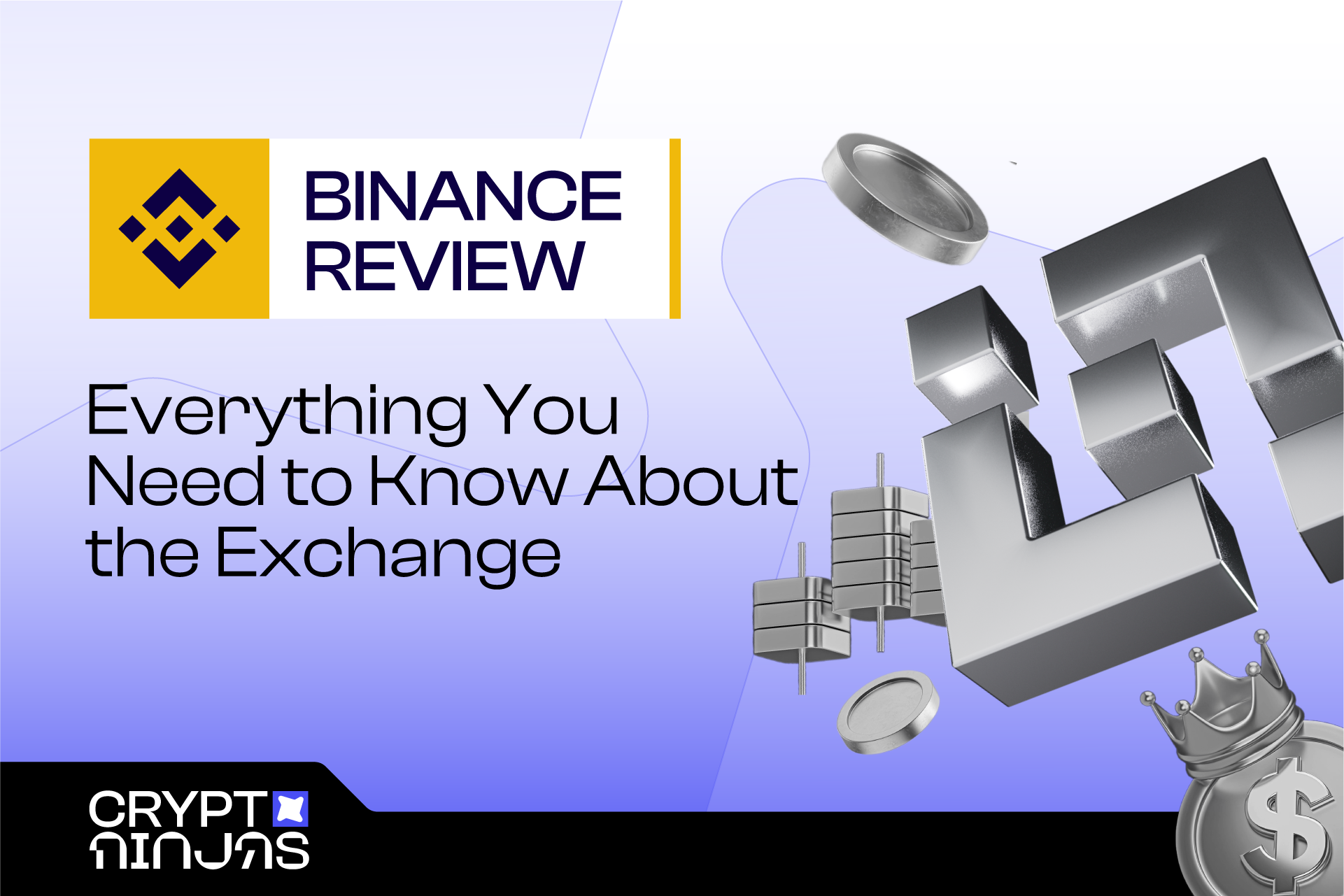Cryptoninjas
1w
84

Image Credit: Cryptoninjas
Binance Review 2025: Is It Legit? What Are Binance Pros and Cons?
- Binance Exchange, founded in 2017 by Changpeng Zhao and Yi He, is a prominent centralized exchange offering a wide range of tools, over 350 cryptocurrencies, and 1300+ trading pairs.
- The platform has expanded to serve users in about 180 countries, with services encompassing various aspects of crypto transactions like crypto holding, listing, fundraising, and withdrawing cryptocurrencies.
- Binance facilitates transactions using its native token, Binance Coin (BNB), which offers discounts to users making payments with it.
- The exchange provides features like In-App NFT marketplace, learning platform, and opportunities for passive income, making it appealing to users with varied interests.
- Pros of using Binance include a wide range of supported assets and trading pairs, low transaction fees, multiple trading options with advanced tools, solid security measures, and support for fiat-crypto transactions.
- On the other hand, limitations like Binance.Us restrictions, platform complexity for new users, regulatory issues, and customer support concerns are among the cons of using Binance.
- Binance's security measures include two-factor authentication, whitelisting, wrong address protection, malicious contract detection, and cold wallet storage for funds, along with regular security audits.
- Binance has faced regulatory challenges in various countries, including lawsuits and compliance issues, with recent legal problems leading to settlements and changes in leadership but no reports of user funds misappropriation.
- Interested users can explore Binance's features like trading options, NFT marketplace, Web3 wallet, Binance Earn, Launchpad, and various other investment products to engage in different crypto activities.
- Binance's fee structure is competitive, offering zero deposit fees, varying withdrawal fees based on currency and network conditions, and trading fees depending on user type, volume, and assets used for payment.
Read Full Article
5 Likes
For uninterrupted reading, download the app